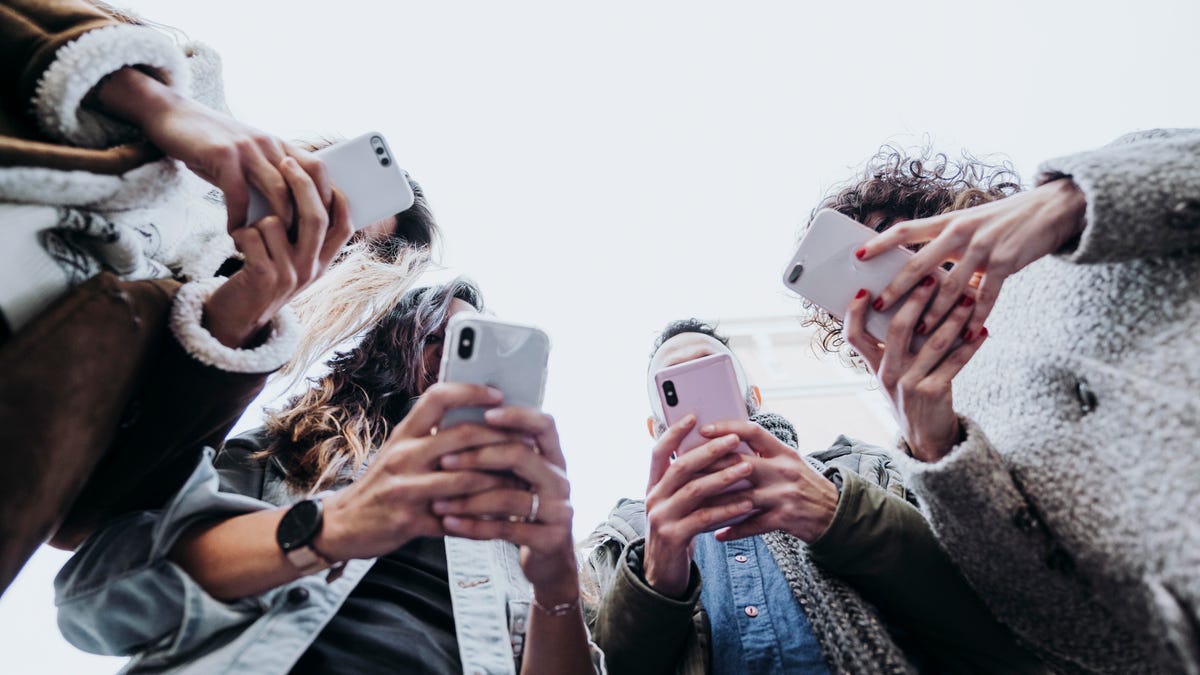Iowa's Democratic Party will reportedly use smartphone app to send out caucus results
Experts have concerns about election security.

Democratic Party leaders in Iowa will use a smartphone app to transmit caucus results.
When the Iowa caucuses take place Feb. 3, the Democratic Party will use a new tool to calculate and send out the results: a smartphone app, according to a report Tuesday by NPR and Iowa Public Radio.
Details about the app are still largely unknown. The report said Troy Price, chair of Iowa's Democratic Party, declined to disclose specifics about the app, including what companies designed or engineered it, or what security features have been included in the software.
Price also declined to say if the app was vetted by outside cybersecurity experts, though he said Iowa's Democratic Party worked with the national party's security team, as well as with Harvard University's Defending Digital Democracy project. The apps will be downloaded to the personal phones of caucus precinct and party leaders.
"We as the party have taken this very seriously, and we know how important it is for us to make sure that our process is secure and that we protect the integrity of the process," Price told NPR.
He said the party would reveal more details about the app in the days before the caucuses. Price didn't return a request for comment.
The Iowa caucuses are the first major contests of the 2020 election season, crucial for presidential candidates aiming to gain momentum as they seek the Democratic nomination. Unlike a primary election, a caucus doesn't involve voters heading to a ballot box. Instead, Iowa's caucuses are more complicated, involving people moving around a room to dedicate their support to a candidate. The process happens in person at various types of locations, including gymnasiums, church basements and libraries.
So calculating and reporting the results can be a slower and more complicated process, with the information sometimes relayed by phone. Price said one reason for the app is to speed up the time it takes to get the results to the public.
But election security has been a major concern since the 2016 US presidential election, when Russian operatives sought to interfere with the election. They did so more with social engineering, spreading disinformation on platforms including Facebook, Twitter and YouTube.
Still, cybersecurity experts worry about vulnerabilities that could come with the app. For example, if the app were to go down for a period of time, it might cause confusion at the precincts and delay the results, the NPR report said.
Six of the presidential candidates will debate Tuesday in Des Moines, Iowa, beginning at 6 p.m. PT. The Des Moines Register and CNN are hosting the debate.

